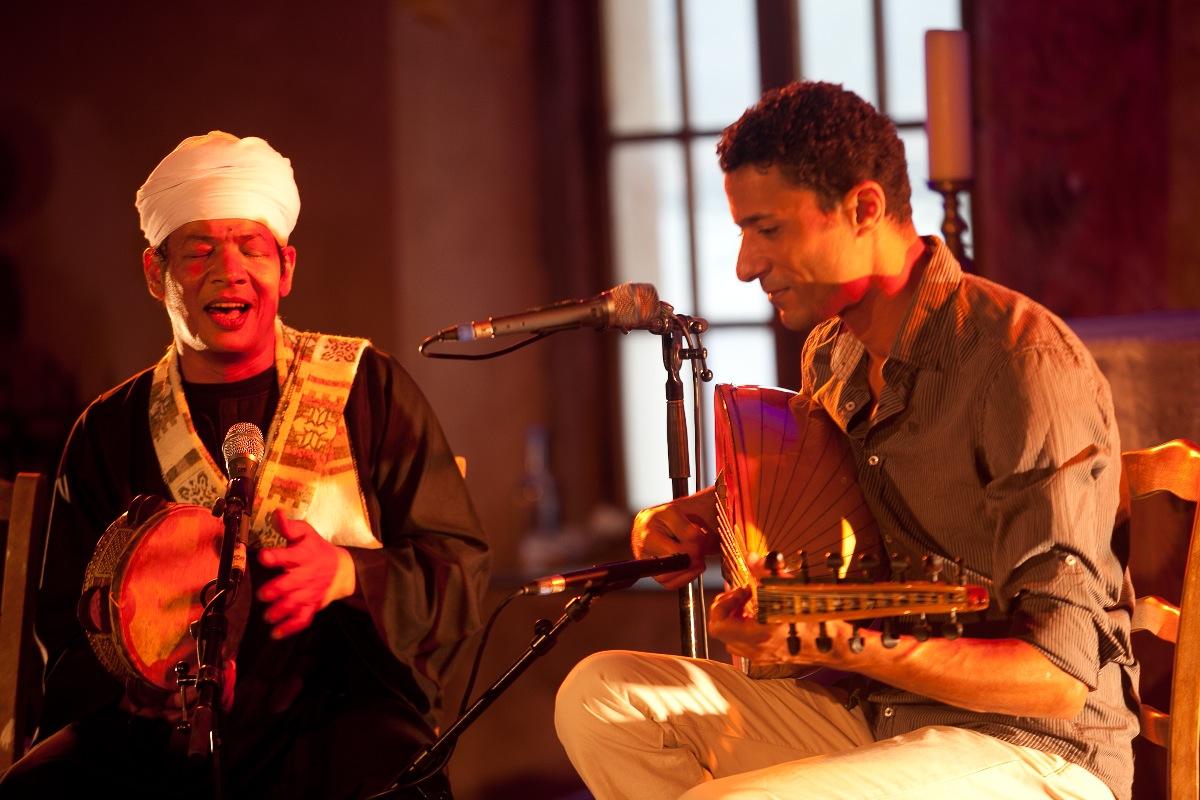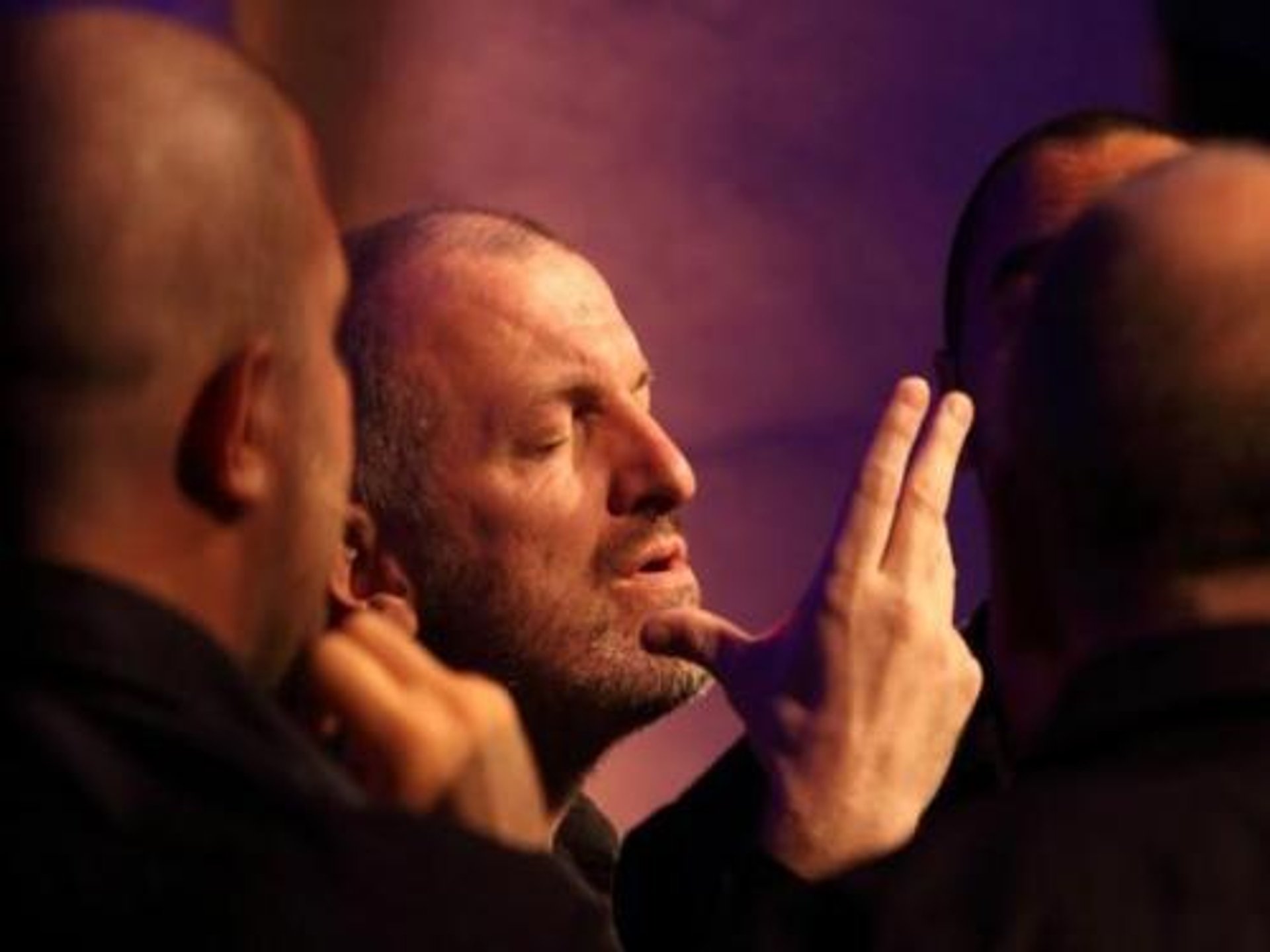
Tripping Daisy became defunct when guitarist Wes Berggren died of a drug overdose in 1999. With Tripping Daisy, DeLaughter says, “We would go in and record, and we would try to make our instruments be more than what they were really built to sound like – putting effects on them or really messing with the tuning. The Polyphonic Spree’s uniquely expansive lineup was a concept that DeLaughter began formulating while he was still in his previous band, Tripping Daisy, who became best-known for their 1995 modern rock hit “I Got a Girl.”

It’s definitely my group – I guess I’m the essence of it – but it’s definitely a collective.” “I instigate a lot of the stuff, and then we all collaborate. I love those far-reaching pop songs that he would do.”ĭeLaughter is The Polyphonic Spree’s visionary, founding the band in 2000, but he says that he welcomes his bandmates’ input, as well. I’d listen to that cassette over and over again. VIDEO: Barry Manilow performs “Could It Be Magic” on The Midnight SpecialĬovering Barry Manilow’s melodramatic “Could It Be Magic” is another one that DeLaughter knows will probably surprise listeners, but he is unabashed in his appreciation for that crooner’s material: “As a kid, I used to wear out The Greatest Hits of Barry Manilow. “I thought it would be fun to see if I can hit those same notes this many years later,” he says with a laugh. For example, Rush’s “The Spirit of Radio” is one that he started covering with his first bands in junior high. While the Spree put in a song by rock mainstays The Rolling Stones, they also included esoteric tracks originally done by INXS, Daniel Johnston, The Bee Gees, The Monkees, ABBA, Wings, The Association, Rush and even Barry Manilow.ĭeLaughter knows that certain songs seem like an unlikely match for The Polyphonic Spree, but he says that all of them have sentimental value for him.

“This record is a prime example: there’s little flaws in there, but it’s kind of charming.”Īnother part of the album’s charm lies in the decidedly diverse song selections.

You have to live with some things that otherwise you would scrutinize,” he says. That quick recording, DeLaughter says, gives Afflatus a special vibe: “There’s something that happens when you do it really fast like that. Maybe we’ll just put this out for our fans.’” The Polyphonic Spree Afflatus, self-released 2021 Then, DeLaughter says, “When we went back and mixed it, we were like, ‘Wow, this is pretty great. The band – which includes about two dozen members, playing typical rock instruments as well as incorporating choral and orchestral elements – convened in their Dallas rehearsal space, recording ten songs in ten hours. “It was just a documentation so everyone can remember their parts.” “Let’s record these as a lifeline to remember these songs when we have to go back and play the scheduled show,” DeLaughter explains.

As the lockdown deadline loomed, they made a crucial decision. Last spring, the band had been scheduled to do a hometown show of eclectic cover songs, for which they’d already intensively rehearsed for a month before the COVID-19 pandemic forced them to cancel the performance. “We just stumbled into thinking that this could even be a release,” DeLaughter says, calling from his Dallas home. Tim DeLaughter, frontman for psychedelic rock collective The Polyphonic Spree, freely admits that their latest album, Afflatus – a diverse array of cover songs released in April – was not created with the intention of ever putting it out into the world. The Polyphonic Spree 2021 (Art: Ron Hart)


 0 kommentar(er)
0 kommentar(er)
